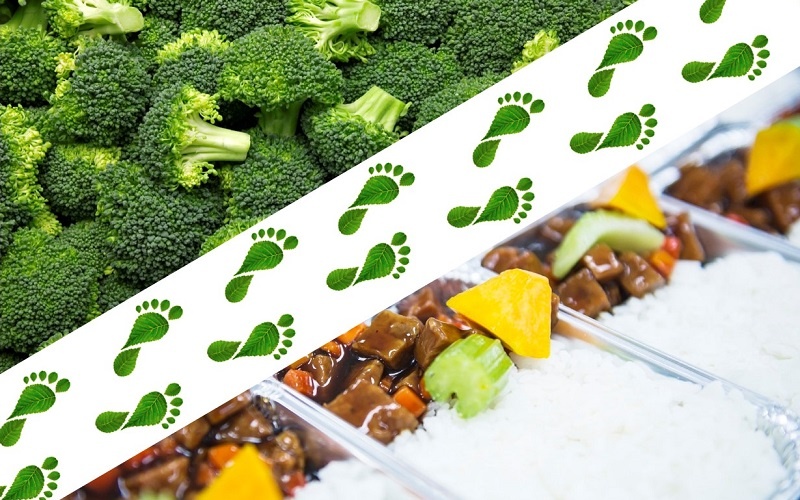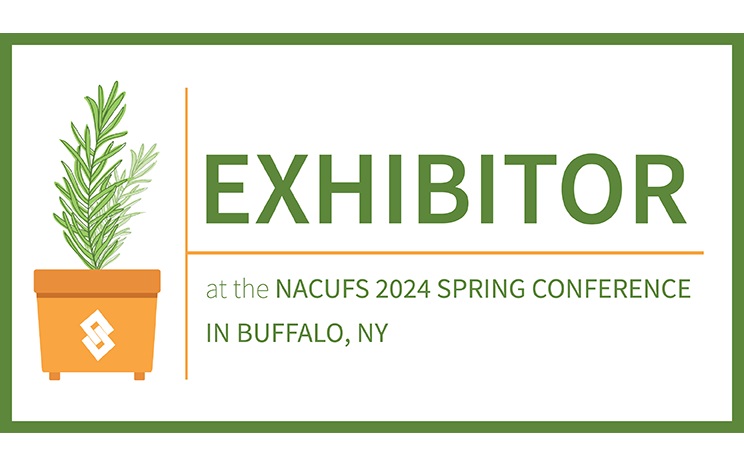By Matleena Autio
The objective of sustainable development is to ensure that the future generations have at least similar possibilities for growth and development, that we have now. If we want to achieve this objective, environmental and humanity issues should be taken into account in all actions and decision making, in addition to financial aspects.
Finding and utilizing sustainable modes of production play a key role, when you think of food production as part of sustainable development. All of us can effect with our purchase decisions. Especially when the producers or service providers inform us openly about the modes of production.
Sustainable Development Goals
United Nations´ Sustainable Development Goals aim to end poverty in all its forms. The goals also support development, that cares for our common environment. Food production and good nutrition are connected naturally in almost all of these goals.
No Poverty, Zero Hunger
In addition to lack of money poverty also means, for example, malnutrition, low level of health, and insufficient opportunities to study. Livelihood of many people is often somehow associated to food production. One important factor in decreasing poverty is to ensure adequate livelihood for everyone, from primary production to services.
Food security is a fundamental right for all people. Food security actualizes when everyone of us has access to sufficient, safe, and nutritious food that meets the dietary needs for an active and healthy life. According to Natural Resources Institute of Finland (LUKE) there could already be enough safe food for everybody, if we could get every part of the food production chain to work perfectly. The baseline of course is that no food goes to waste in any part of the food production chain. So, in addition to environmental aspects, decreasing food waste is important because of food security.
Health, Well-being, And Education Possibilities With Sustainable Food Production
Good nutrition is an important factor for health and well-being. In addition to nutritional deficiencies, malnutrition is a risk factor for many non-communicable diseases. And it can also have an impact on studies. It is difficult to concentrate on studying if you are hungry. So malnutrition can endanger the school performance. School feeding programs are an effective way to support the goal of good education also in lower income countries.
With JAMIX Kitchen Intelligence System you can easily ensure the nutritional quality of the meals you serve. In the system you can compare the nutritional values of the menu to the nutrition recommendations in the system. When you plan food based on know-how and accuracy, and not on gut feeling, the cooks can just focus on adjusting flavors in place for the nutritionally balanced meals.
Decent Work And Responsible Consumption Also In Food Production
In addition to climate aspects, food production is an important factor related to human rights. The objective of the Fairtrade International is that farmers also in developing countries have possibilities for decent livelihood, and more control over their lives and their future.
Decreasing food waste is one example of responsible consumption that all of us can participate in. According to the report of the UN environmental program UNEP, approximately 17 per cent of all produced food goes to waste. In addition, the amount of food waste in households is likely to be larger than what has been estimated earlier. JAMIX Kitchen Intelligence System helps commercial kitchens to decrease the amount of food waste. When consumption of the meals is documented in the system, you can utilize the information in production planning. This way you won´t be preparing too much food just to be safe.
Climate Actions In The Water And On The Ground
About one fifth of the human-caused climate emissions is related to food production. Methane that warms climate is released in the air for example from the ruminant livestock and rice farming. According to UNEP, food waste alone is responsible for about 10 percent of greenhouse gas emissions of the world. Life in the oceans is threatened by over fishing and climate warming, but also because of the eutrophication of coastal waters. Eutrophication is largely caused by fertilizers that leak in the water from the farming fields. So food production really is a climate change matter.
Water sources are limited, and one important environmental aspect is paying attention to water usage in agriculture. Forests are also disappearing rapidly, partly because of the soy and oil palm plantations. Demanding sustainable production modes for the products we purchase is an efficient way to have an impact. In addition to climate emissions, also the water footprint and land use are important tools when evaluating the environmental impacts of food production.
Cooperation And Partnership
To reach the goals of sustainable development, we need adequate amount of good quality data about our progress in different sectors. We need to cooperate as equal partners for our common earth to achieve these goals. With JAMIX Kitchen Intelligence System leading with knowledge easily becomes part of the everyday practice.
JAMIX Assists In Reaching The Sustainable Development Goals In Food Production
JAMIX Kitchen Intelligence System helps to bring different parts of food production visible. For instance, you can require food suppliers to fulfill certain criteria. You can also communicate these qualifications to your customers. Such as the Fairtrade mark, the Heart-Check mark, or the Fisheries Certificate of Origin.
Food production can work as a pendulum for both directions. At its worse, food production can trample human rights and escalate the climate warming and biodiversity loss. But at its best, food production can even help to fix existing damages, for example through carbon farming and the Fairtrade.
Is there still somebody thinking that it is ONLY about food production.



